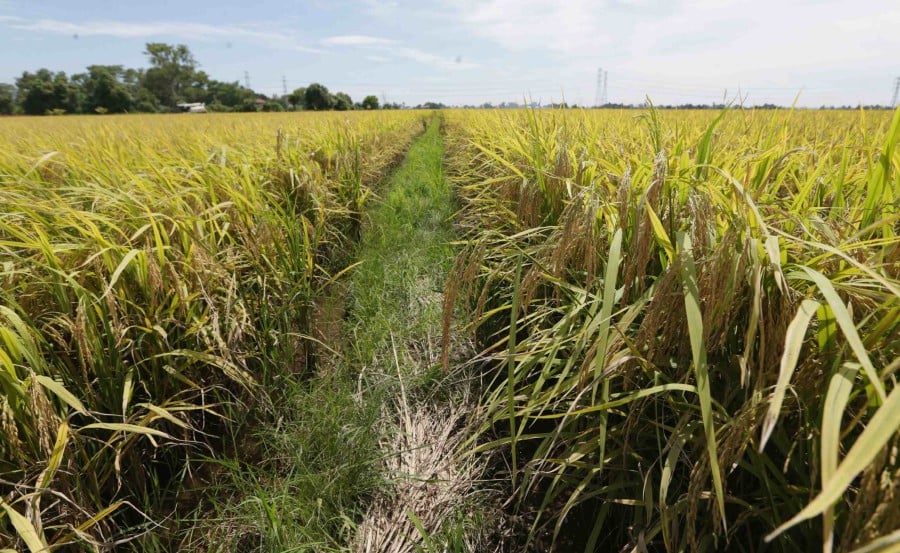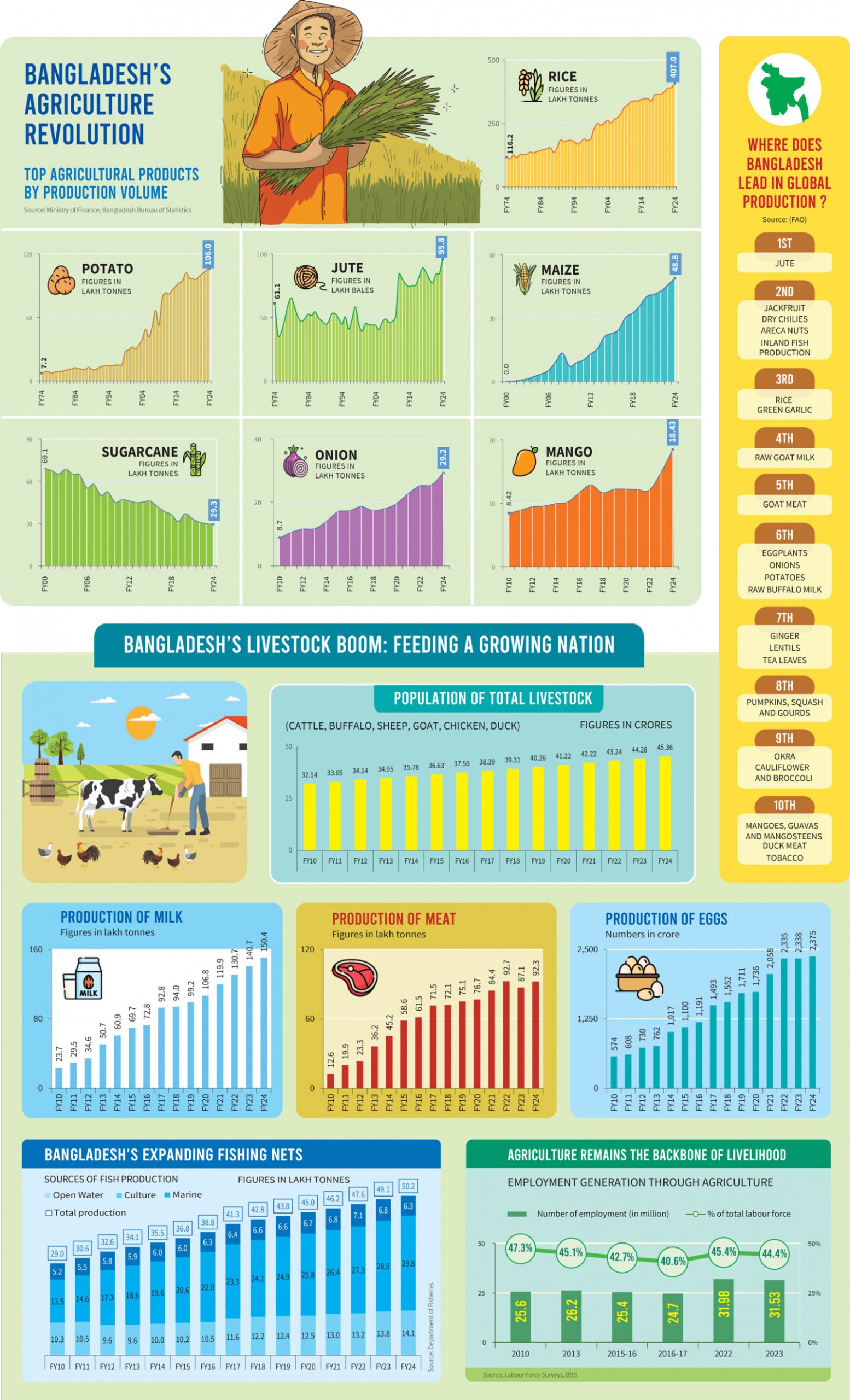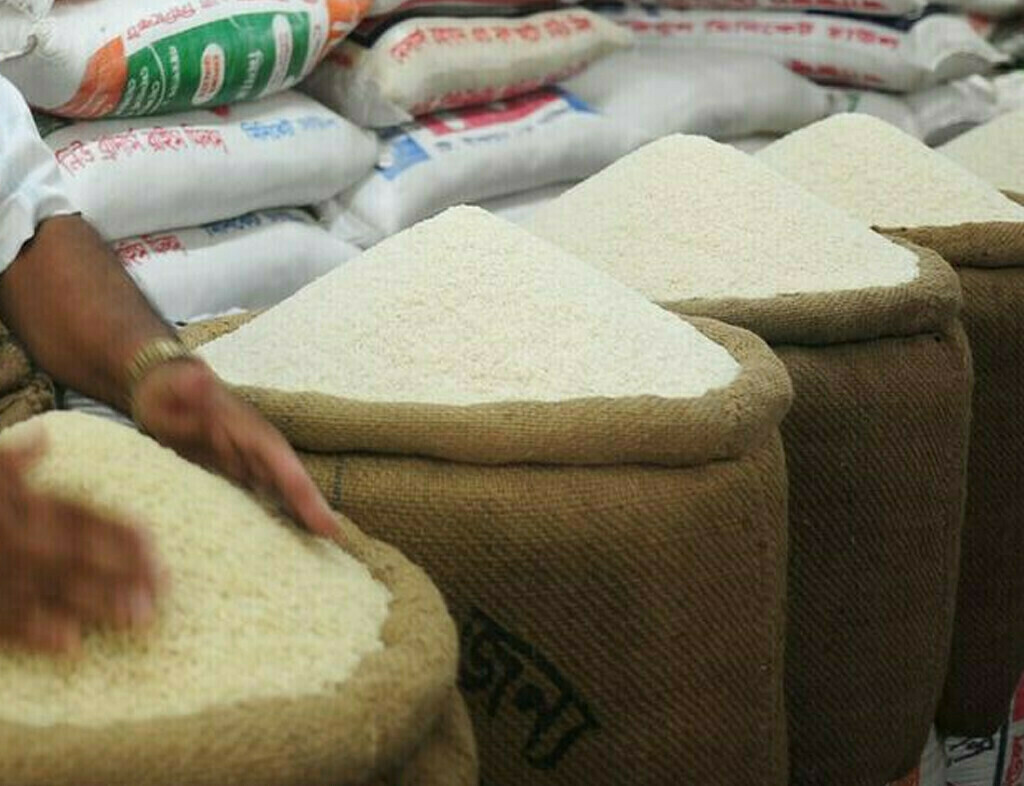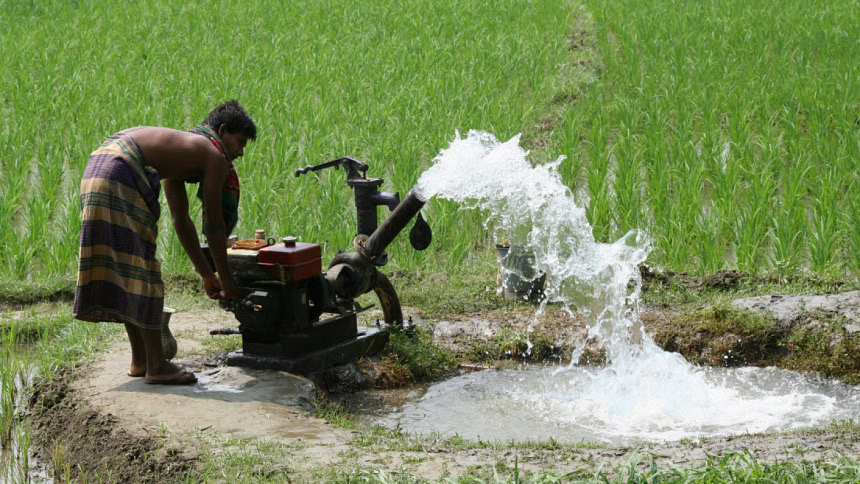Tags
Single grade rice impractical

The proposal to create a single grade for white rice requires thorough discussion as it may pose significant challenges for suppliers and consumers alike, an expert said. NSTP FILE PIC, FOR ILLUSTRATION PURPOSE ONLY
The proposal to create a single grade for white rice requires thorough discussion as it may pose significant challenges for suppliers and consumers alike, an expert said.
Universiti Putra Malaysia agricultural economics expert Prof Datuk Dr Mad Nasir Shamsudin said the government must provide clarification on the specific details of the proposed changes.
He questioned the practicality of implementing a unified grading system and its implications on pricing, saying the proposed changes would not solve the issue.
“The primary concern, as stated in reports, is that some (sellers) in the industry mix local and imported rice, and brand the product as imported to capitalise on higher prices.
“It (rice) doesn’t necessarily need to be graded as one because the problem and the solution are not the same.
“Lack of enforcement should be identified as the primary concern. Therefore, it must be more stringent to address the issues as reported.
‘If we have one grade, imported and local rice will be difficult to label as the same because the price and quality might be different,” he told the New Straits Times.
The proposal, he said, could pose a challenge due to the volatile price of imported rice.
“Imported rice prices, influenced by global factors such as export bans from major producers like India, can lead to fluctuations in the market.
“So if we’re going to label the rice as one, which price are we going to use? Are we going to use the price of local, or imported rice?

“We don’t want that later on, local rice might become cheaper than its imported counterpart. And if we (create a single) label, the price of local white rice might also decrease accordingly and the industry will not make any money.”
While acknowledging the potential benefits of a unified grading system, Nasir suggested floating local rice prices based on supply and demand dynamics.
This, coupled with targeted subsidies for staple items like rice and chicken, could provide economic support to both consumers and local producers, he added.
“When we float the price, it will certainly go up. When the price increases, but is locally produced, then it is easier to implement targeted subsidies for the poor.
He called for a more in-depth analysis and discussion to weigh the pros and cons of the proposed changes. Concerns include the potential impact on consumers, farmers, and the overall stability of the rice market.
He said the success of the proposed changes may depend on the competitiveness of the industry.
“In a highly competitive market, a single grading system might be more viable, but without subsidy support, challenges may persist.
“Therefore, the Agriculture and Food Security Ministry must provide details on the mechanism and how it will work on addressing the concerns raised.”
UPM Institute of Tropical Agriculture and Food Security research fellow Datin Paduka Dr Fatimah Mohamed Arshad said differentiating rice based on quality and variety was crucial to cater to various consumer preferences, including health-conscious individuals.
The concept of grading, according to her, serves the purpose of aligning products with consumer preferences.
“In current market dynamics, consumers have limited access to information on rice varieties and pricing.
“As compared with Thailand, where a comprehensive list of rice varieties and their prices is accessible to the public, Malaysia could benefit from a more transparent and dynamic approach.”
She said the challenge would be in identifying the price to be used if both local and imported rice are labelled the same.
“A single price may lead to subsidising both affluent consumers and foreigners.
“A one-price model could stifle innovation, slow down market growth and limit consumer choices.
“Take the fast-food industry, for example, where variety and dynamic pricing contribute to growth and competition.”
She called on a more nuanced approach that considered the diversity of consumer preferences, encourages innovation and fosters a dynamic rice market.
On Thursday, Agriculture and Food Security Minister Datuk Seri Mohamad Sabu said he would discuss with several ministries on the proposal to create only a single grade for white rice that would no longer be required to be labelled as local or imported rice, as is the current practice.
He said the discussions would be conducted comprehensively, including the issue of wanting to coordinate matters related to rice in the future.
https://www.nst.com.my/news/nation/2023/11/979550/single-grade-rice-impracticalPublished Date: November 18, 2023






